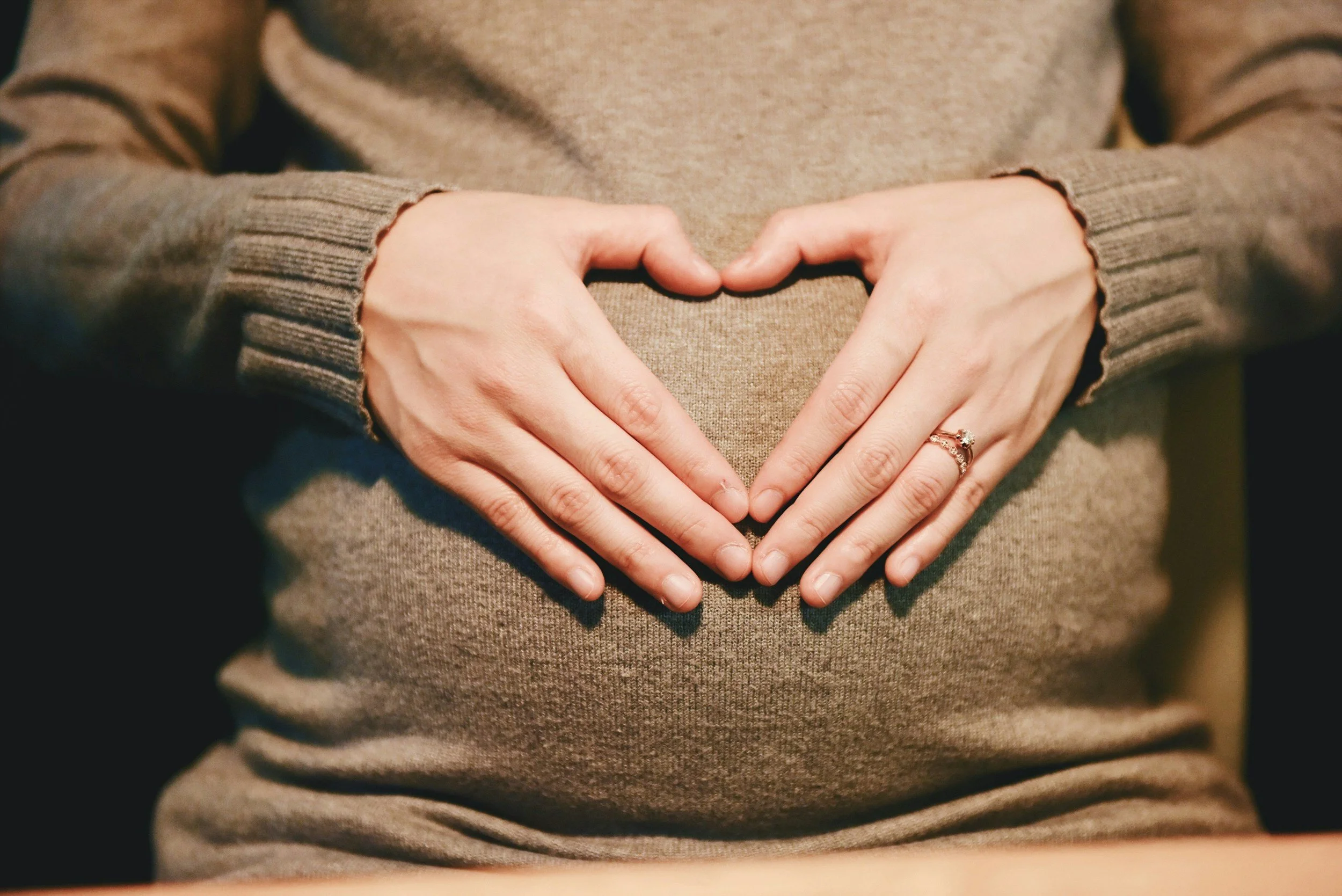Pregnancy After Loss: Managing the Duality of Grief and Joy
By Jessica Ekhoff, JD, PMH-C
Pregnancy is a time of great anticipation and excitement, but for many women and their families, it can also bring feelings of anxiety, fear, and grief. For those who have experienced a prior pregnancy loss, the emotional landscape of a subsequent pregnancy can be especially complex. The dual emotions of joy and grief often coexist, and managing them can be overwhelming. As a perinatal mental health therapist, I work with many individuals navigating this challenging journey. In this blog post, I’ll explore how to manage the emotional complexities of pregnancy after loss and offer some strategies for coping with the conflicting emotions that often arise.
The Grief of Loss
Pregnancy loss is a deeply painful experience, and the grief that comes with it is real and valid. The loss of a pregnancy means the loss of hopes, dreams, and plans for the future. For many, the grief doesn’t just end when the pregnancy ends—it lingers and sometimes feels unacknowledged. There is often a sense of longing for the baby that wasn’t to be, and the emotional scars can last long after the physical healing has occurred.
When faced with a new pregnancy after a loss, it’s natural to carry that grief with you. The fear of experiencing another loss can cast a shadow over the joy of the new pregnancy, leaving you in a constant state of worry.
The Joy of Pregnancy
At the same time, pregnancy brings its own set of joys. There’s the excitement of a positive test, the first ultrasound, feeling the baby’s movements, and envisioning a future with a new child in your arms. These moments are full of hope and possibility, and it’s important to allow yourself to experience that joy.
However, for those who have experienced pregnancy loss, those moments can be bittersweet. They may trigger memories of the pregnancy that was lost, reminding you of the hope that was once there and the grief that still lingers. The joy of a new pregnancy may be overshadowed by fear, and it’s easy to feel conflicted about feeling happy or excited.
Navigating Dual Emotions
Managing the duality of grief and joy in pregnancy after loss requires a gentle balance. Here are some strategies to help you navigate this emotional journey:
Acknowledge Your Emotions: It’s important to honor both your grief and your joy. Don’t feel like you have to suppress one emotion to make room for the other. You can feel sadness, fear, and grief, while also feeling joy, hope, and excitement. Allowing yourself to experience both emotions is key to healing and moving forward.
Give Yourself Permission to Grieve: Even though you’re pregnant again, it doesn’t mean the grief of your previous loss goes away. It’s okay to still feel sad or mourn the pregnancy that ended. This doesn’t mean you’re not happy about your current pregnancy; it just means you’re a person who has experienced loss and that loss deserves to be acknowledged.
Talk About It: Sharing your feelings with a trusted friend, partner, or therapist can be incredibly healing. Sometimes just voicing your fears, anxieties, and conflicting emotions can help you process them. You don’t have to carry the weight of these emotions alone.
Practice Self-Compassion: Be kind to yourself during this time. Understand that it’s normal to feel conflicted, and it’s okay not to have all the answers. Take time to care for your emotional and physical well-being. Self-compassion means not judging yourself for having complicated feelings or for needing extra support.
Set Boundaries with Well-Meaning Loved Ones: People around you may be excited and eager to support you, but they may not always understand the complexity of your emotions. It’s okay to set boundaries with others about what kind of support you need. Whether it’s not talking about certain topics or requesting space to process your emotions, advocating for your needs is a form of self-care.
Seek Professional Support: If you find that the grief or anxiety is overwhelming, it may be helpful to talk to a therapist who specializes in perinatal mental health. A therapist can provide you with the tools and support to navigate your emotions, process your grief, and build a sense of emotional resilience as you move forward.
Embracing Both Grief and Joy
The journey of pregnancy after miscarriage is uniquely challenging, but it also holds the potential for profound healing. It’s important to remember that it’s possible to experience both grief and joy simultaneously, and doing so is a testament to your resilience. By honoring both emotions, allowing yourself space to grieve, and embracing the joy of your new pregnancy, you can move through this journey with greater peace and self-compassion.
You don’t have to go through this alone. Reach out for support when you need it, and remember that it’s okay to experience a wide range of emotions as you navigate this new chapter in your life. You deserve to feel joy, and you deserve to grieve. Both are part of your story, and both are important.
If you’re navigating pregnancy after loss and need support, I’m here to help. Please reach out to schedule an appointment or ask any questions you may have about perinatal mental health and therapy. You are not alone.

